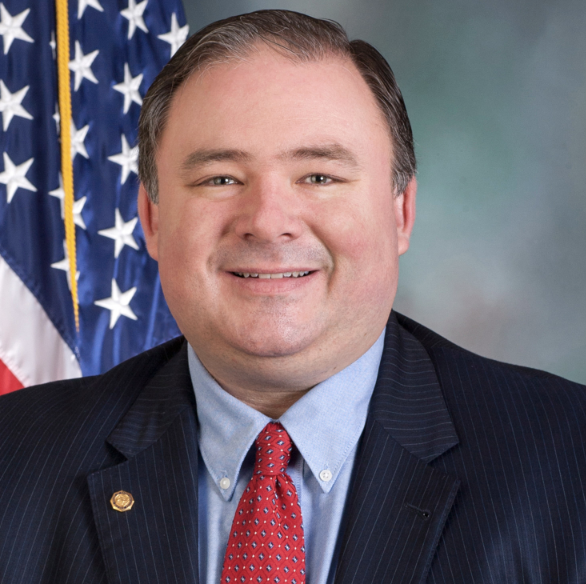When state Rep. John Lawrence read Delaware Valley Journal’s coverage of the City of Chester’s latest financial troubles last spring, one part of the story piqued his interest. Receiver Michael Doweary was presenting the possibility that Chester might face disincorporation due to its calamitous finances. Chester’s Mayor Thaddeus Kirkland pushed back, saying he had offered […]



